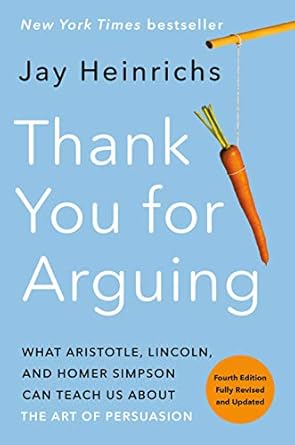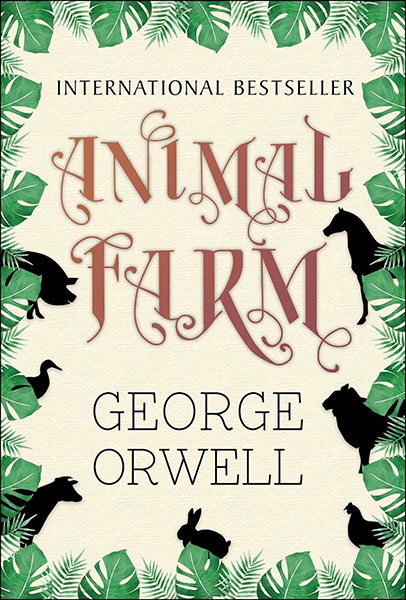
Nicomachean Ethics
‘Nicomachean Ethics’ moves beyond the purely theoretical analysis of moral philosophy by examining its practical application. It is one of the world’s great books by Aristotle. Aristotle is well known for the precision with which he chooses his words, and in this elegant translation, his work has found its ideal match. Aristotelian ethics is concerned with how an individual should best live their life and at its core asserts the idea that the most virtuous life will be the happiest one. Living well, in balance with one’s environment, eschewing excess, and guiding one’s life by reason, Aristotle argues, is the path toward the most virtuous and thus the happiest life. Aristotle emphasized the importance of context to ethical behavior, and the ability of the virtuous person to recognize the best course of action. The book has engaged the serious interest of readers across centuries and civilizations. "One swallow does not make a summer, neither does one fine day; similarly one day or brief time of happiness does not make a person entirely happy." — Aristotle (The Nicomachean Ethics)
BEST DEALS
About the Author
Greek philosopher Aristotle, a pupil of Plato and the tutor of Alexander the Great, authored works on ethics, natural sciences, politics, and poetics that profoundly influenced western thought; empirical observation precedes theory, and the syllogism bases logic, the essential method of rational inquiry in his system, which led him to see and to criticize metaphysical excesses.
Empirical, scientific, or commonsensical methods of an Aristotelian, also Aristotelean, a person, tends to think. Deductive method, especially the theory of the syllogism, defines Aristotelian logic. The formal logic, based on that of Aristotle, deals with the relations between propositions in terms of their form instead of their content.
German religious philosopher Saint Albertus Magnus later sought to apply his methods to current scientific questions. Philosophy of Saint Thomas Aquinas, the most influential thinker of the medieval period, combined doctrine of Aristotle within a context of Christianity.
Aristotle numbers among the greatest of all time. Almost peerless, he shaped centuries from late antiquity through the Renaissance, and people even today continue to study him with keen, non-antiquarian interest. This prodigious researcher and writer left a great body, perhaps numbering as many as two hundred treatises, from which 31 survive. His extant writings span a wide range of disciplines from mind through aesthetics and rhetoric and into such primary fields as biology; he excelled at detailed plant and animal taxonomy. In all these topics, he provided illumination, met with resistance, sparked debate, and generally stimulated the sustained interest of an abiding readership.
Wide range and its remoteness in time defies easy encapsulation. The long history of interpretation and appropriation of texts and themes, spanning over two millennia within a variety of religious and secular traditions, rendered controversial even basic points of interpretation.












